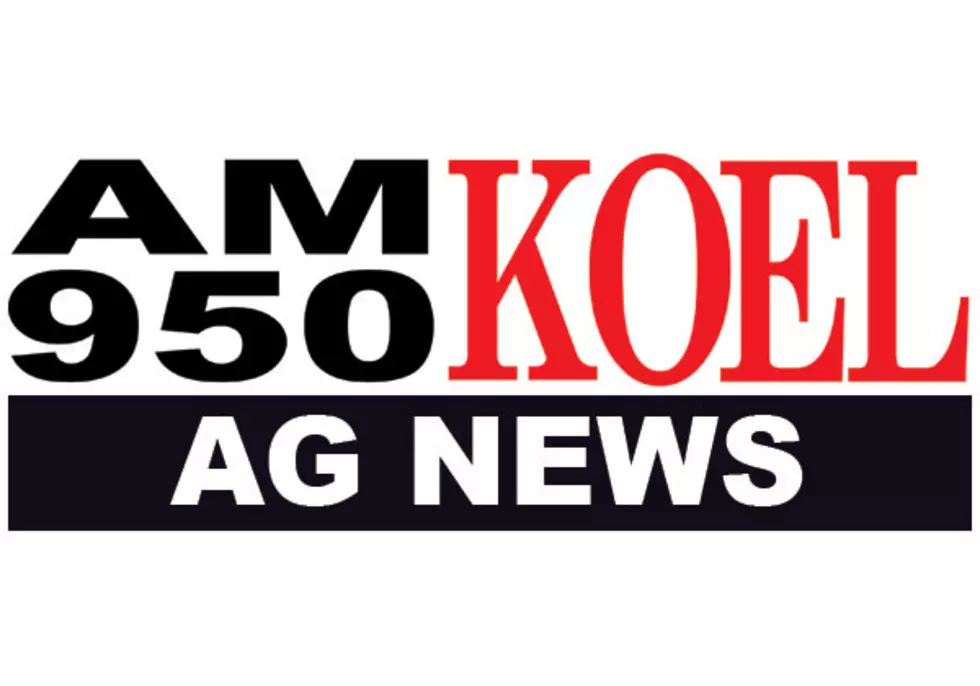
International Ag News, Sunday April 17, 2016
EU Exports to Asia Disrupting U.S. Shipments
Surging pork exports from the European Union to Asia are disrupting exports of the same products from the United States. The European Union last year surpassed the United States as the world’s leading exporter of pork, according to a recent USDA report. Meatingplace reports EU pork exports to all destinations increased seven percent from 2013 to 2015, while total U.S. shipments only increased one percent. Since 2014, EU pork exports to China rose nearly 82 percent. While Japan, Korea and China accounted for nearly 38 percent of total EU pork shipments in 2013, those markets rose to nearly 56 percent in 2015. U.S. pork exports to Japan, Korea and China declined five percent during the 2013 to 2015 period and also accounted for a smaller portion of total U.S. shipments. As a result, EU expanded not only shipments to key Asian markets in terms of volumes, but also market share.
EU Proposes to Limit Glyphosate License Length
Politicians in Europe want to trim the license length for glyphosate. The license allowing use of the herbicide in the European Union expires in June and lawmakers have proposed to renew the license for seven years, instead of the originally planned 15 years. The European Parliament motion also urges a ban on non-professional use, and use around public parks and playgrounds, according to Reuters. Products containing glyphosate, such as Monsanto’s Roundup, are facing pushback after the World Health Organization's International Agency for Research on Cancer classified glyphosate as "probably carcinogenic to humans,” however, scientist tend to disagree on whether there is a link between glyphosate and cancer. The European Food Safety Authority, which advises European Union policymakers, issued an opinion in November that glyphosate was unlikely to cause cancer. This week’s motion is not binding, but can influence member states so far undecided on whether to approve glyphosate's use. Among EU member states, France has voiced opposition to glyphosate, while Britain and Germany are said to back its use.
Source: NAFB News
More From AM 950 KOEL









